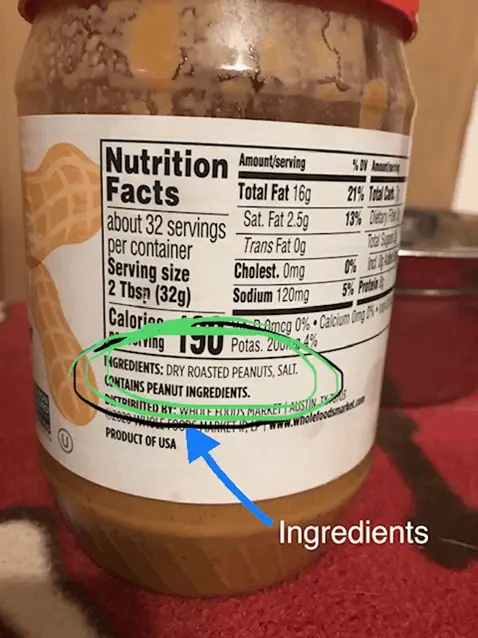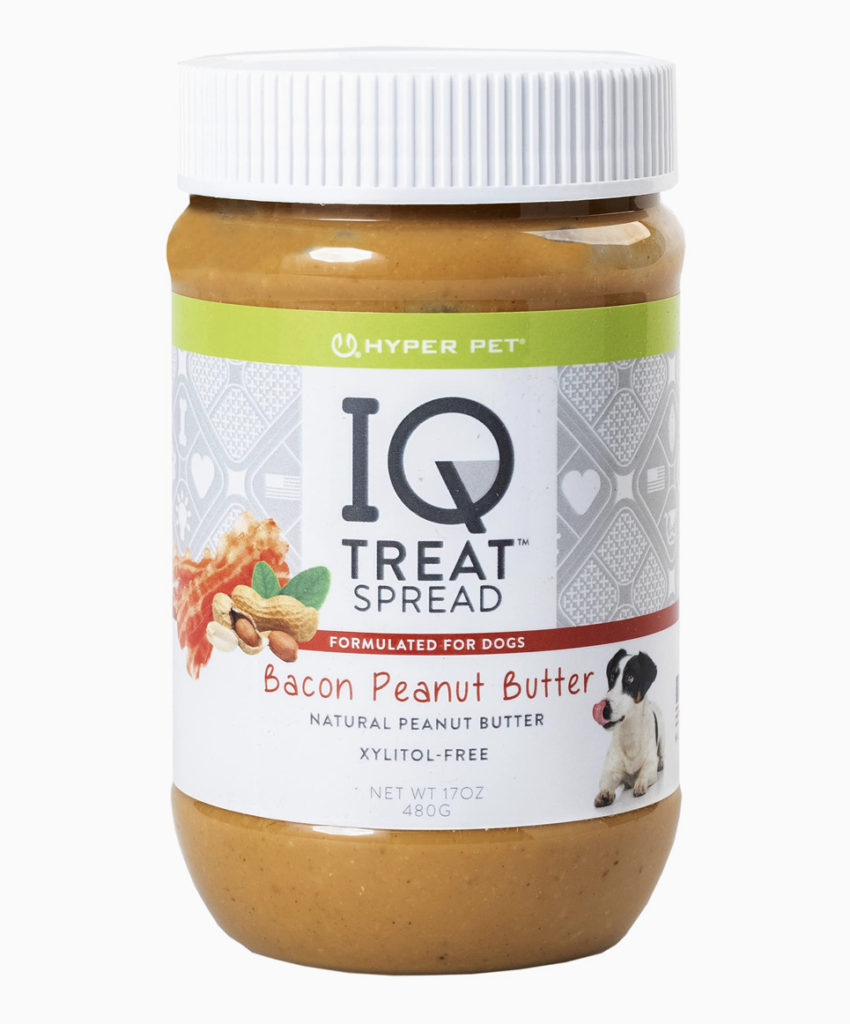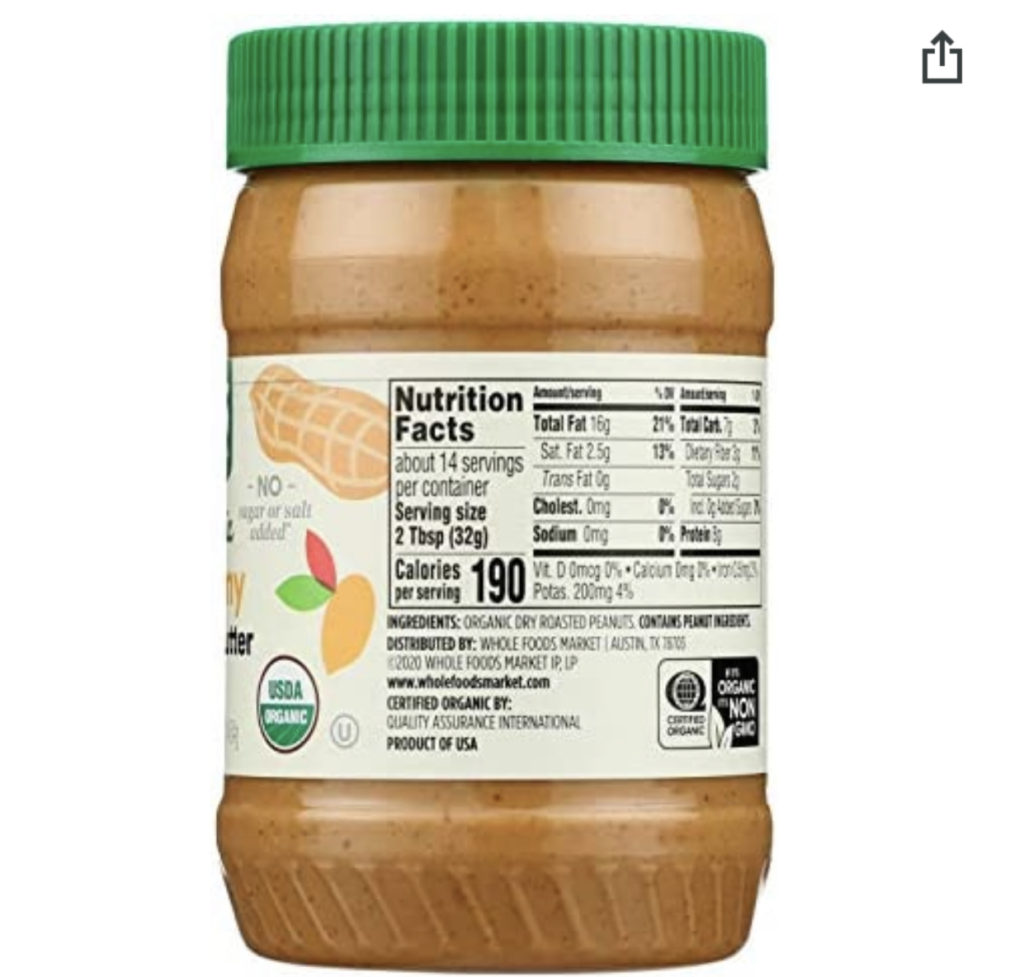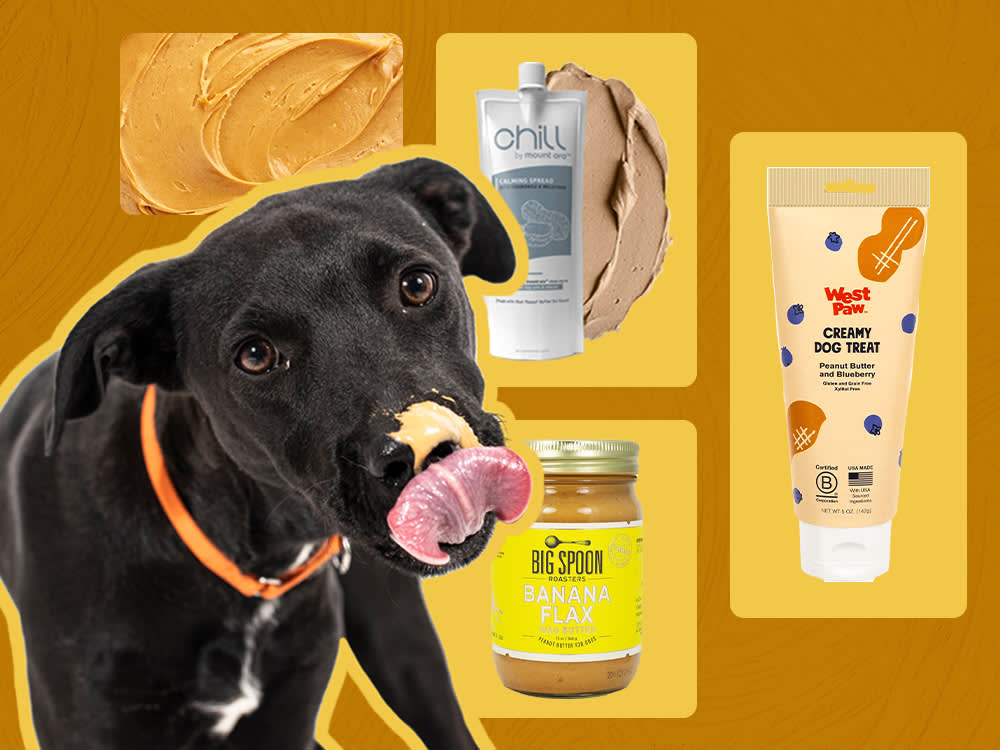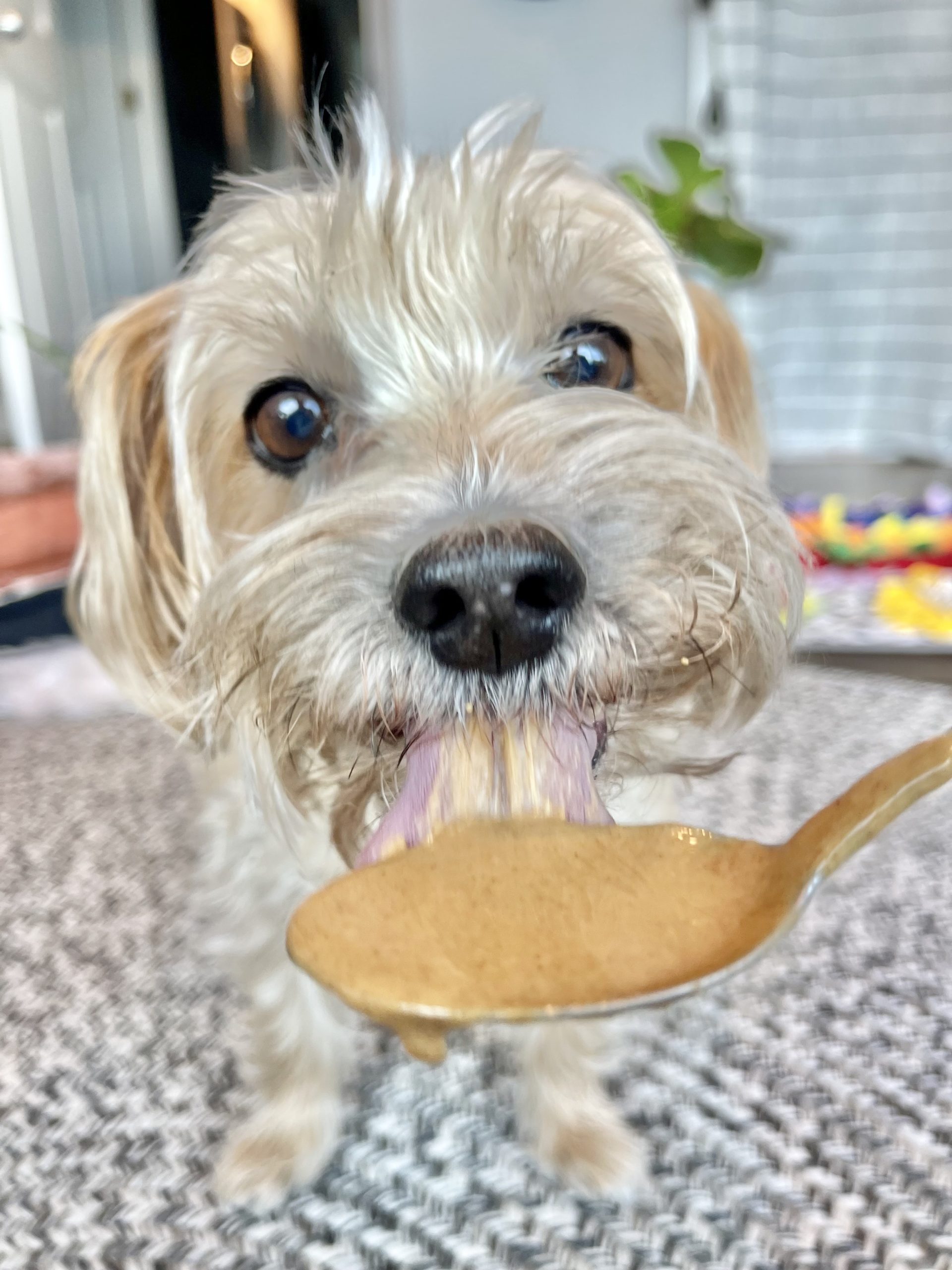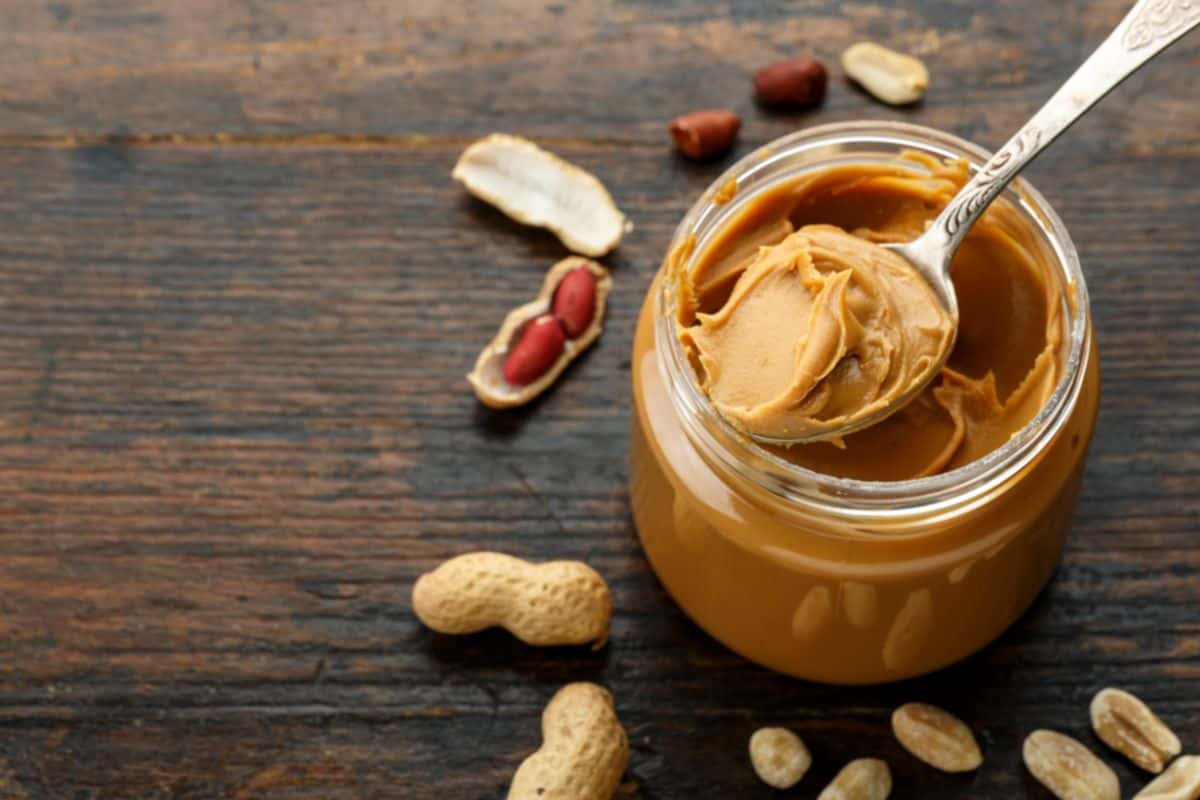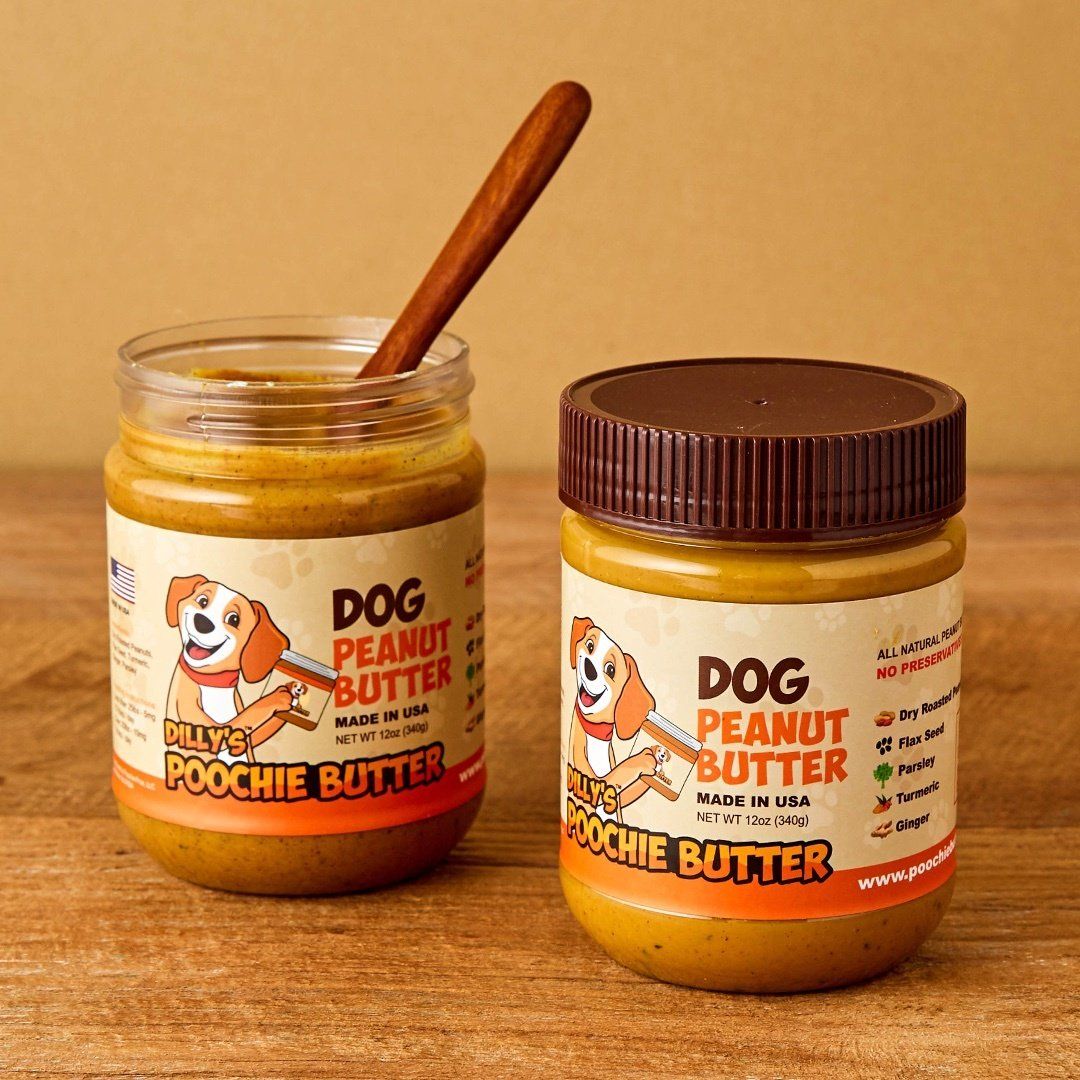Which Brand Of Peanut Butter Is Safe For Dogs
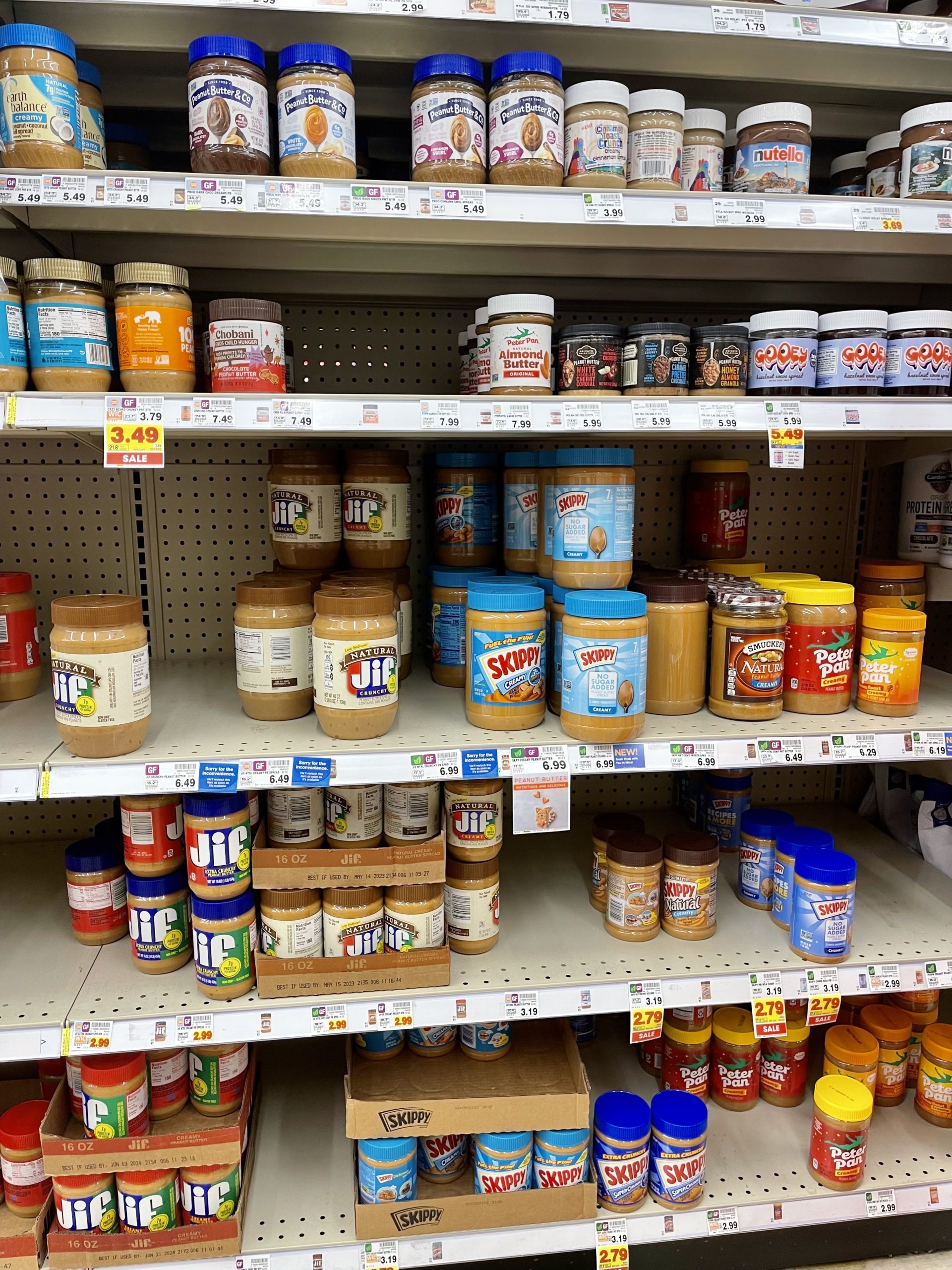
Peanut butter, a staple in many households, is often touted as a tasty treat for dogs. However, not all peanut butter is created equal, and some brands contain ingredients that can be harmful, even fatal, to our canine companions.
The key concern revolves around xylitol, an artificial sweetener increasingly used in peanut butter and other food products. Understanding the potential dangers and knowing which brands are safe is crucial for responsible dog owners.
The Xylitol Threat: A Silent Danger
Xylitol is a sugar alcohol used as a sugar substitute in many products, including sugar-free gum, candies, baked goods, and, increasingly, peanut butter. While safe for humans, xylitol is extremely toxic to dogs.
Even small amounts of xylitol can cause a rapid release of insulin in dogs, leading to a dangerous drop in blood sugar (hypoglycemia). This can occur within 10 to 60 minutes of ingestion.
Symptoms of xylitol poisoning in dogs include vomiting, weakness, incoordination, seizures, and, in severe cases, liver failure and death, according to the American Veterinary Medical Association (AVMA).
Decoding the Label: What to Look For
The most crucial step in ensuring the safety of peanut butter for your dog is meticulously checking the ingredient list. Always read the label before offering any peanut butter to your furry friend.
Specifically, look for the word "xylitol." If it's listed as an ingredient, do not give the peanut butter to your dog.
It's important to note that companies may not always explicitly state "xylitol." They might use alternative names like "birch sugar." Therefore, it's always best to err on the side of caution and research any unfamiliar ingredient before offering it to your dog.
Safe Peanut Butter Brands: Sticking to the Basics
Generally, the safest peanut butter options for dogs are those with a short and simple ingredient list: peanuts and perhaps salt. Many natural peanut butter brands meet this criterion.
Brands like Smucker's Natural Peanut Butter, Jif Natural Peanut Butter (be sure it is the NATURAL variety), and Crazy Richard's 100% Peanuts Peanut Butter are often cited as safe choices. These brands typically contain only peanuts and salt.
However, it is imperative to double-check the ingredient list every time you purchase a jar. Ingredients and formulations can change, and it's not worth risking your dog's health on assumptions.
Contacting Manufacturers: Seeking Clarification
If you are unsure about a particular brand of peanut butter, contacting the manufacturer directly can provide valuable clarification. Most companies have customer service departments that can answer questions about their ingredients and manufacturing processes.
You can also inquire about whether the peanut butter is produced in a facility that also processes products containing xylitol. While cross-contamination is less of a direct threat, it's a consideration for extremely sensitive dogs.
DIY Peanut Butter: A Homemade Solution
For ultimate control over the ingredients, consider making your own peanut butter. Homemade peanut butter is a simple process that requires only peanuts and a food processor.
Simply roast unsalted, shelled peanuts in the oven or in a pan, and then grind them in a food processor until smooth. You can add a pinch of salt if desired.
Making your own peanut butter eliminates any risk of accidental xylitol ingestion and allows you to tailor the recipe to your dog's specific needs.
Beyond Peanut Butter: Xylitol in Other Products
While peanut butter is a common source of concern, it's important to remember that xylitol can be found in many other products your dog might encounter. Be vigilant about checking the labels of all human foods and products in your household.
Sugar-free gum, candies, baked goods, toothpaste, and even some medications can contain xylitol. Store these items securely and out of your dog's reach.
If you suspect your dog has ingested xylitol, seek immediate veterinary attention. Time is of the essence in treating xylitol poisoning.
Raising Awareness: Sharing the Knowledge
The dangers of xylitol for dogs are not always widely known. Sharing this information with fellow dog owners can help prevent accidental poisonings.
Inform friends, family, and neighbors about the importance of reading labels and keeping xylitol-containing products away from dogs.
By raising awareness and taking proactive measures, we can help ensure the safety and well-being of our beloved canine companions.
Conclusion: A Safe Treat is a Happy Treat
Peanut butter can be a healthy and enjoyable treat for dogs, but it's crucial to be vigilant about the ingredients. By prioritizing brands with simple ingredient lists and carefully reading labels, you can ensure that the peanut butter you offer your dog is safe and xylitol-free.
Remember, when in doubt, consult with your veterinarian. They can provide personalized advice based on your dog's individual health needs. A safe and informed approach will allow you to continue sharing the joy of peanut butter with your furry friend without worry.
